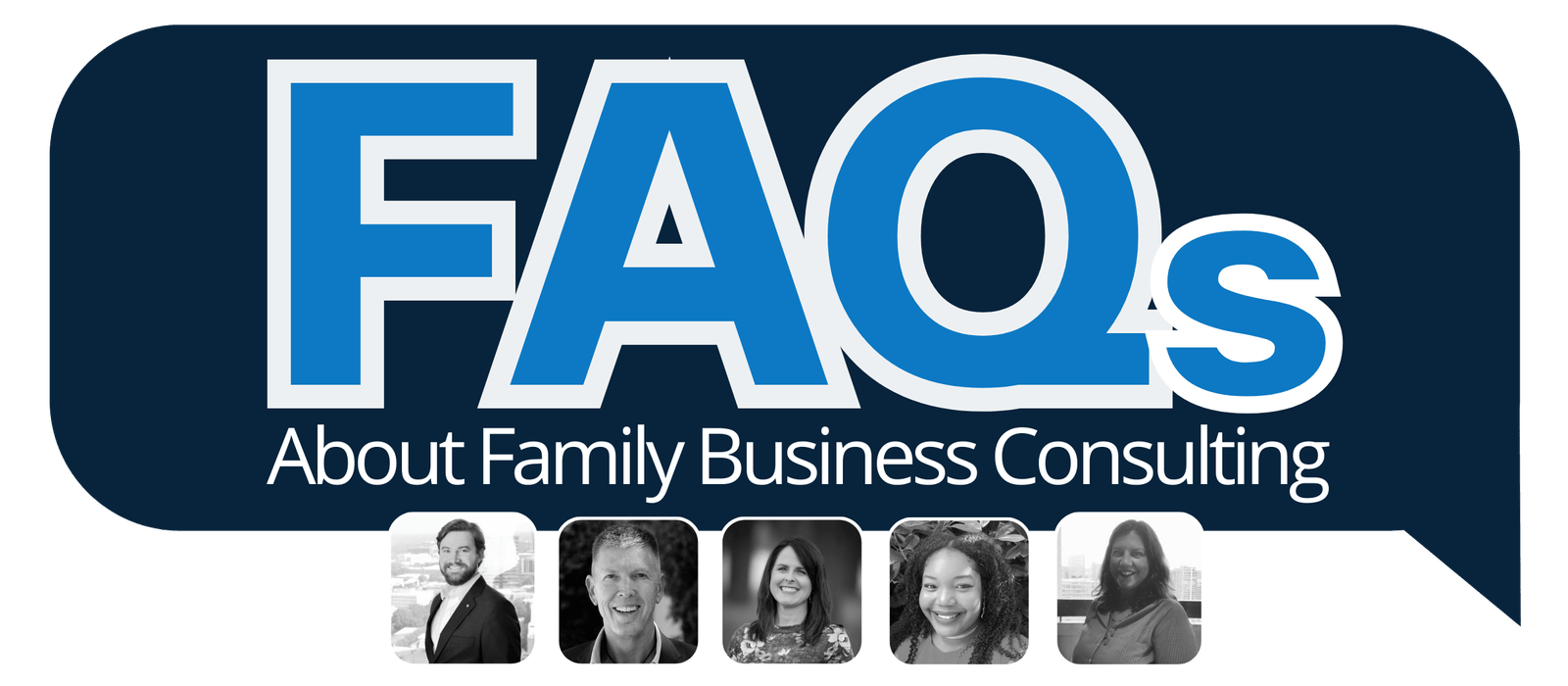Ever wondered what living abroad like a local might feel like – even just for a few months? What if your child could attend school in Spain while you worked remotely from a sunlit co-working hub nearby?
Programs like Boundless Life are making this possible for many U.S. families. It’s a short-term international experience that blends education, remote work, and cultural immersion. While your child learns in a Montessori-style classroom with kids from around the world, you can meet fellow parents, explore a new city, and keep your business running from a new backdrop – whether that’s the cobblestone streets of Sintra or the coastal charm of Morocco.
But while the experience may feel like bliss, you’ll still need a plan. Even short-term stays can carry financial and compliance implications that shouldn’t be overlooked.
Financial Considerations While Living Abroad Temporarily
Living abroad for a short period (typically 30–90 days) doesn’t automatically exempt you from your U.S. tax obligations, especially if you continue earning U.S.-sourced income.
A few important questions to ask yourself:
- Will you still have income flowing through your U.S. business while you’re abroad?
- Could you qualify for exclusions or credits, like the Foreign Earned Income Exclusion?
Let’s break down a few key areas:
State Domicile Issues
Moving abroad temporarily doesn’t necessarily sever your ties to your home state. If you maintain property, voter registration, or a driver’s license, you’re still a resident of your state, which means that you still owe state taxes even while living and working abroad, and especially if you return home afterward.
Foreign Earned Income Exclusion (FEIE)
This provision allows qualifying U.S. taxpayers to exclude a portion of their foreign-earned income from federal taxes. But, to qualify, you must either:
- Be physically present in a foreign country for 330 full days in a 12-month period (Physical Presence Test), or
- Be a bona fide resident of another country for an entire tax year, with minimal U.S. ties.
Short-term stays under 90 days (like those common with Boundless Life) generally fall short of both requirements, making this exclusion unavailable in most cases.
Foreign Bank Account Reporting (FBAR)
U.S. citizens must file an FBAR if the combined value of all foreign accounts exceeds $10,000 at any point during the year.
Even using a foreign bank account for everyday expenses, tuition payments, or rent could trigger this requirement. Missing it can result in significant penalties.
Keeping Your Business Running While You Explore
For entrepreneurs and family business owners, temporary relocation doesn’t mean stepping away from your responsibilities – it just means adapting how you manage them.
Short-term international living often highlights gaps in your setup: approvals that rely on in-person check-ins, financials that aren’t updated in real-time, or paper-based processes that complicate things when you’re abroad.
Here’s how to future-proof your operations:
- Automate your workflows: Set up recurring invoicing, payroll, and bill pay through cloud-based platforms so you’re not chasing deadlines across time zones.
- Assign financial roles: Delegate approvals or payments to trusted team members while you’re away to avoid bottlenecks.
- Centralize visibility: Use dashboards that let you monitor cash flow, receivables, and KPIs from anywhere in the world.
You can easily set this up in QuickBooks or NetSuite, but your setup should reflect your specific business needs to keep things running smoothly.
Financial Planning Across Currencies and Jurisdictions
From school fees to groceries, you’ll likely be spending in local currency while earning in U.S. dollars. Small currency decisions can add up fast.
Here are a few ways to stay organized:
- Use multi-currency software for financial visibility and planning.
- Separate personal and business expenses, even while abroad, to keep your books clean.
- Plan for exchange rate fluctuations when building your monthly budget, especially if you’re earning in one currency and spending in another.
Boundless Life Destination Considerations: Spain, Gibraltar, and Morocco
Boundless Life operates in destinations that offer both cultural richness and financial nuance. Here’s what to keep in mind if you’re considering a short-term stay:
Spain
- Cost of living: Major cities like Madrid and Barcelona are more expensive, but smaller towns offer family-friendly affordability.
- Visa considerations: Spain’s digital nomad visa is becoming more accessible, but for short stays, tourist entry is typically sufficient.
- Tax awareness: While short visits may not trigger Spanish tax residency, extended stays or establishing local ties can shift your status.
Gibraltar
- Lower cost of living: Generally more affordable than Europe, especially for housing and food.
- Cash-based economy: While urban areas are becoming more card-friendly, many transactions are still cash-based.
- Schooling and logistics: Options vary by city — planning ahead is essential if you’re using an educational program like Boundless Life.
Morocco
- Lower cost of living: Morocco is generally more affordable than most European countries, especially when it comes to accommodation and food.
- Cash-based culture: Many transactions are still handled in cash, although urban areas are increasingly card-friendly.
- Schooling and logistics: Options vary by city, so planning ahead is important — especially if you’re relying on structured programs like Boundless Life.
Global programs like Boundless Life are changing how families think about work, learning, and lifestyle. Whether you’re looking to enrich your child’s education or simply explore life abroad, the opportunity is exciting — and worth preparing for.
At Fusion CPA, we help families and entrepreneurs make confident financial decisions around global mobility.


